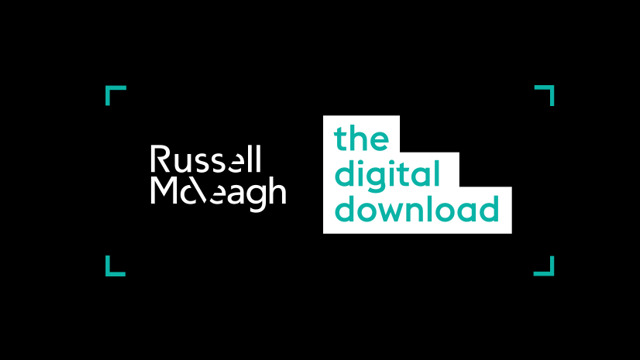This is a series for customers and suppliers of SaaS solutions, to help you identify and navigate some of the key legal risks associated with scaling up in the SaaS space. It features General Counsel at some of New Zealand's Global Tech rock stars, as well as sharing key market insights from Russell McVeagh's Technology, Digital and Strategic Sourcing team.
In the recent Budget 2022 announcement, the Government expressed support for our digital technology sector, earmarking an additional $20 million of funding to support our local SaaS community, as well as to market some of our home-grown tech to key overseas markets.
Government support in this space makes a lot of sense in connection with their aspiration for a high-wage, low-emissions economy. It also leverages SaaS' ubiquity to overcome some of the traditional challenges associated with New Zealand's relative geographic isolation.
The digital technology sector that contributes $7 billion to New Zealand's economy annually, has continued to grow despite the COVID-19 pandemic and is one of New Zealand's top export earners. So naturally, New Zealand has numerous examples of globally successful SaaS companies.
On the customer side, we're seeing so much demand for fully extracted cloud offerings. This isn't surprising - it reduces cost and complexity, improves flexibility and scalability, and overall simplifies operations.
Clients are looking to emerging technologies to create efficiencies and unlock value in existing data sets. In particular, we're seeing a lot of action in the AI and blockchain spaces.
Follow the rest of this series to learn more about the things you should consider when taking a SaaS product global.
You can view the Digital Download Series episodes here.



